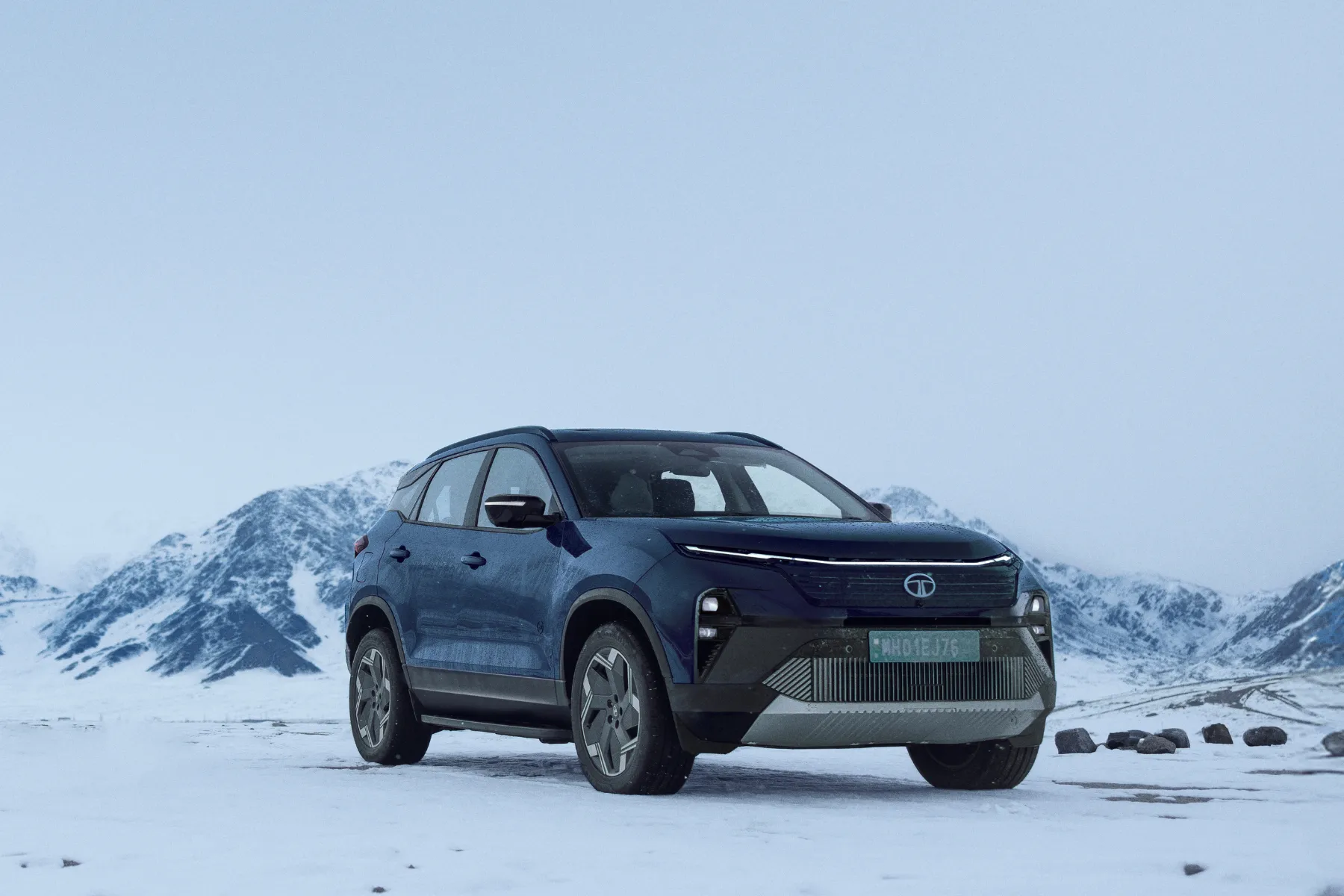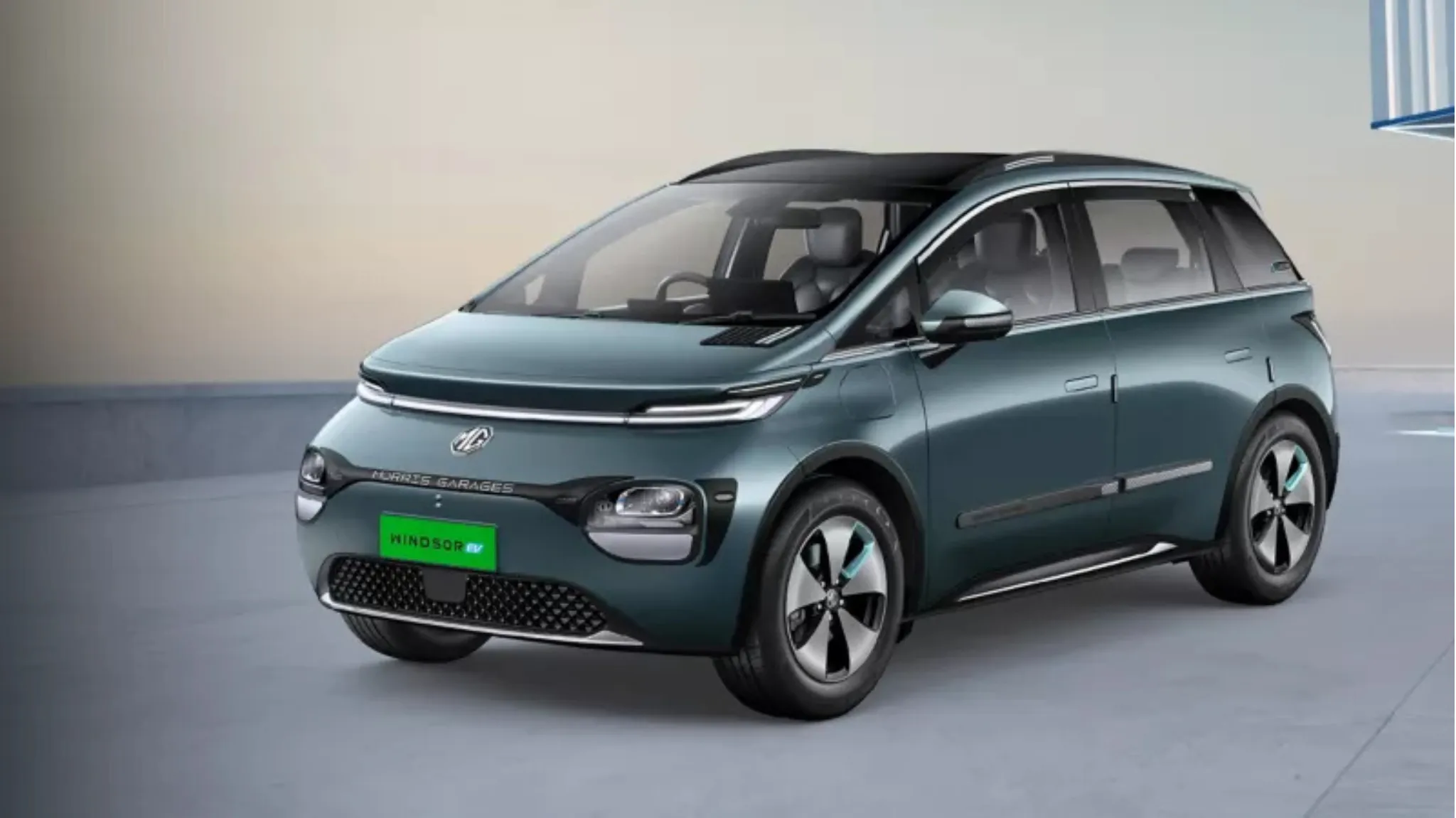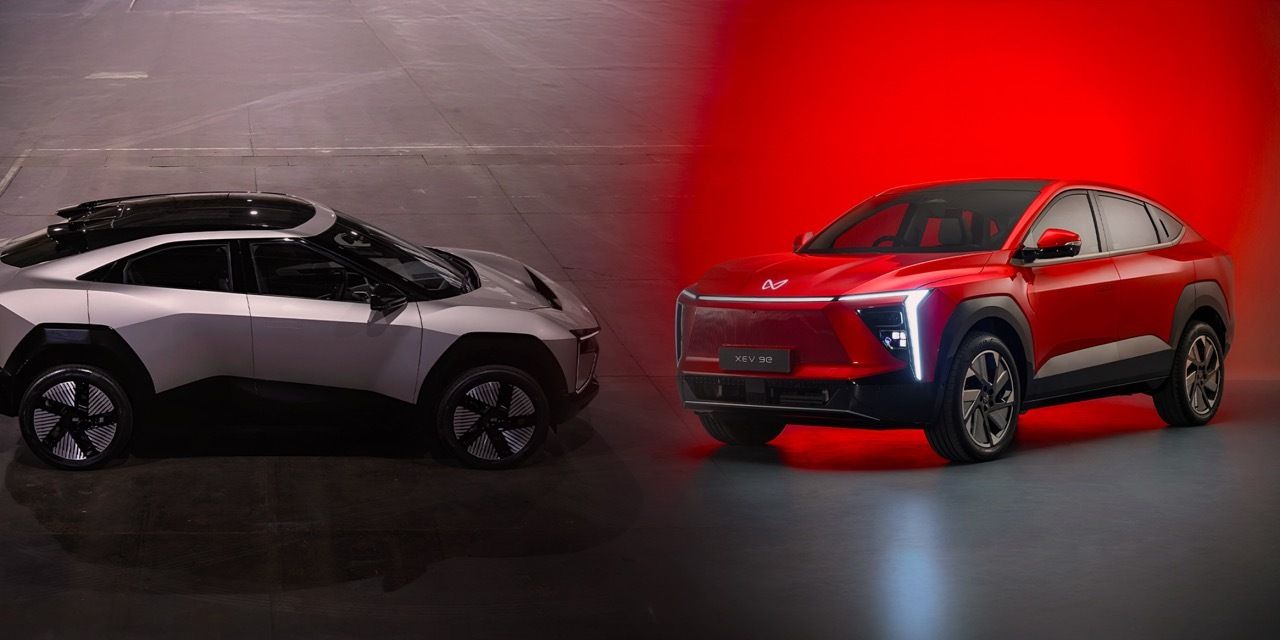Quick Highlights
- Top EV sales by Tata Motors, MG Motors, and Mahindra respectively.
- MG gains rapid growth while Tata and Mahindra lose major market share.
- MG Windsor remains top-selling EV for July.
- Audi slips down to the last position with only 1 EV sold in the month.
India’s EV Market Doubles in July 2025; Tata, MG, and Mahindra Dominate Sales Charts
India’s electric passenger vehicle (PV) market recorded a historic high in July 2025, with registrations surging 91% year-on-year to reach 15,295 units. On a month-on-month basis, the segment grew 10%, signaling robust consumer sentiment, increasing model availability, and growing confidence in India’s charging infrastructure.
EV Penetration and Cumulative Growth
Electric vehicle penetration in July hit 4.6%, a rise from 4.4% in June. Cumulative EV sales in the first four months of FY26 rose 79% year-on-year to 55,816 units which is another key indicator of accelerating EV adoption in the country.
Tata Motors Maintains Leadership Despite Market Share Dip

Tata Motors led the EV market in July with 5,972 units sold, capturing a 39% share. High demand for the Punch EV, Nexon EV, and the newly launched Harrier EV has strengthened Tata’s position in both mass and premium segments.
The Harrier EV, Tata's first midsize electric SUV, has reasserted the brand’s premium electric positioning. However, despite strong volumes of 20,232 units in FY26 so far, Tata’s overall market share has declined to 36.2%, down from 64.7% a year ago.
MG Motor Surges with Windsor Dominance

JSW MG Motor India secured second place with 5,013 units, claiming 33% market share in July. The MG Windsor continued its run as India’s best-selling electric car, leading in 9 of the last 12 months.
The carmaker’s success stems from its diversified Windsor lineup, higher local content in the Comet EV, and the ZS EV’s repositioning in the premium segment. MG’s FY26 market share has climbed sharply to 30.5% which is a significant rise from 18.8% last year.
Mahindra Gains with New-Gen EVs

Mahindra & Mahindra posted 2,789 EV registrations in July, a massive 435% YoY increase, though it declined 13% month-on-month. The automaker has now commenced deliveries of its born-electric BE6 and XEV 9e models, marking a strategic departure from ICE-derived EVs.
With 21.6% market share in FY26 so far, Mahindra’s future EV growth will depend on how rapidly it scales its new EV platforms.
Hyundai Rises with Creta EV
.jpeg)
Hyundai sold 602 EV units in July, reflecting an 11% month-on-month rise. The newly launched Creta EV, based on one of India’s most trusted SUV nameplates, has generated early traction. Hyundai’s FY26 electric sales have increased nearly sevenfold year-on-year, even if from a low base.
Mixed Results for Other OEMs
- BYD: 453 units sold in July; 27% YoY growth but a 10% drop from June
- Citroën: Registered only 41 units, falling 74% YoY and 49% from June
- BMW: Luxury EV sales tripled to 225 units YoY, flat month-on-month
- Mercedes-Benz: 85 units sold, more than double YoY but down 11% from June
- Audi India: Just 1 EV registered which indicates a staggering 95% YoY decline
Audi’s persistent fall in EV registrations raises concerns about its India strategy, particularly in a luxury EV segment now gaining noticeable traction.
India’s EV Journey Gathers Pace
July’s data underlines India’s transition towards clean mobility. Tata Motors continues to lead in scale, MG Motor has created a model-level benchmark with Windsor, Mahindra is moving swiftly into the born-EV space, and Hyundai has re-entered the volume segment with Creta EV.
As OEMs double down on new technologies, local production, and broader product portfolios, India’s electric PV market is set to evolve more aggressively in the coming quarters.


